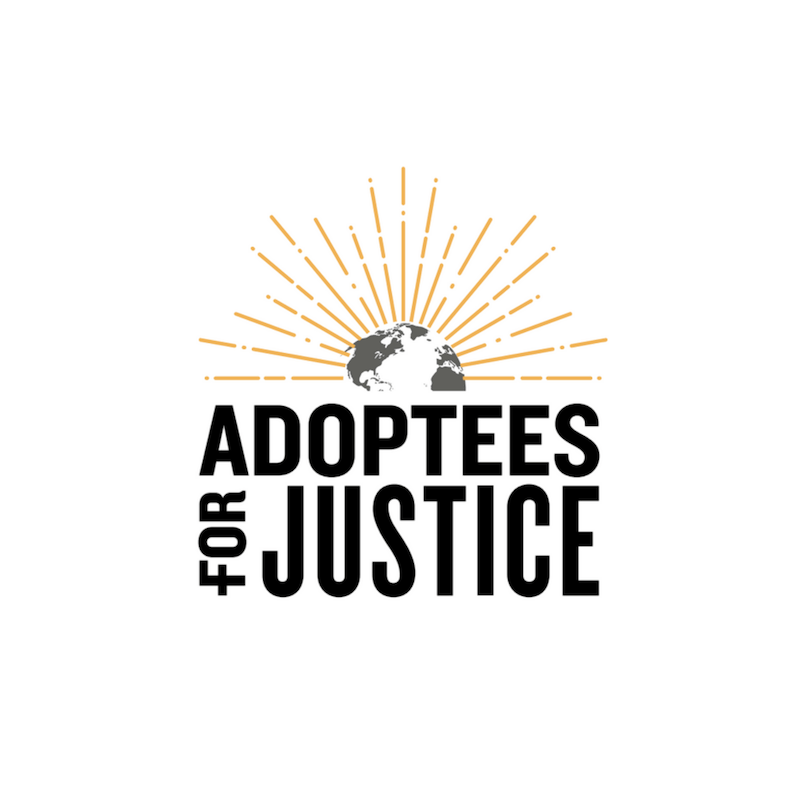KJ was born in 1982 in Calcutta, India. At around six weeks old, she was adopted by a single mother in Utah who had seven other internationally and domestically adopted children. Growing up, KJ remembers her home environment at times being unstable. When KJ was eight years old, her mother passed away, leaving her in a series of unstable guardianship situations.
When she was sixteen years old, KJ sought a driver’s license and discovered she was not a U.S. citizen. KJ received confusing information from her local USCIS office, leading her to believe she was only eligible to receive a permanent resident card, and should apply for citizenship once she turned eighteen. Not understanding the implications for her future and lacking adult support, KJ did not take the citizenship test.
Struggling with the impacts of trauma and loss, KJ soon began self-medicating by using chemical substances and encountered the criminal legal system. Having fulfilled court requirements, KJ decided to join an outpatient rehabilitation program. Despite the instabilities she had encountered early in life, KJ desired to heal and build a stable life for herself.
KJ’s Story
Following passage of the Child Citizenship Act of 2000 (CCA), KJ had believed she was a U.S. citizen. Eventually, she discovered the devastating reality that she had missed the cut-off date to qualify for citizenship under the CCA by less than a year, and thus lacked the basic rights and protections of citizenship and was legally deportable.
When KJ was 30, immigration enforcement officials announced that they would pursue KJ’s deportation to India. At that time, the Indian government refused to accept KJ, stating that it was a human rights violation to deport an adoptee who was legally adopted as a child by a U.S. citizen parent. KJ was left stateless, in limbo.
Today, ten years sober, KJ struggles with PTSD as a result of her encounters with immigration officials and the threat of deportation. KJ also experiences challenges due to having multiple sclerosis, a debilitating nervous system disease. She has been able to secure counseling through a nonprofit and receives financial support from her partner. KJ hopes to get a work permit so she can gain legal employment and access to health insurance.
To help KJ and other adoptees without citizenship, help pass the Adoptee Citizenship Act!


